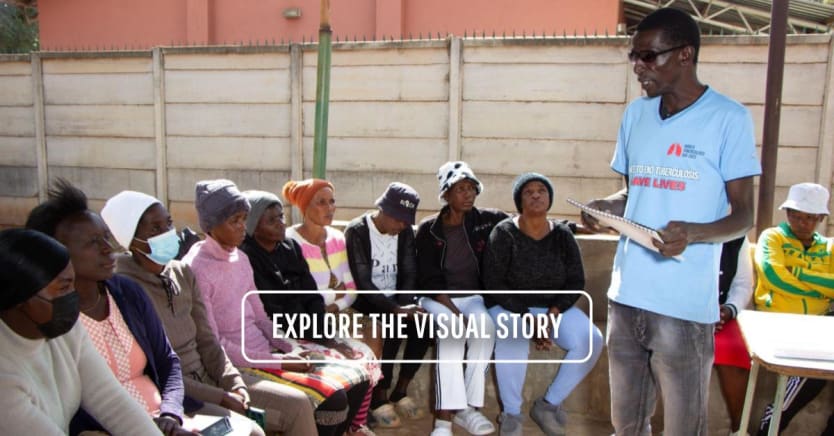
Stanley Sibanda was diagnosed with HIV in 2006 while he accompanied his sick uncle to Mpilo Central Hospital in Bulawayo, southwest Zimbabwe. After noticing a skin rash on Sibanda’s face, the doctor advised him, “If I were you, I would be tested for HIV right away because the symptoms you have are concerning,” he recalled.
Initially, Sibanda was reluctant to take an HIV test, and after receiving a positive diagnosis and starting his treatment, the fear of stigma and discrimination prevented him from disclosing his status to others, he said.
In 2016, Sibanda was offered tuberculosis preventive treatment, or TPT, which had been introduced in Zimbabwe a few years prior. But once again, social stigma held him back from taking the medication. “At first I refused to take it because of beliefs and misconceptions about how those pills could cause TB or burn your skin,” he said.
Sibanda did eventually begin taking TPT — but his experience represents a broader struggle in Zimbabwe, where both TB and HIV remain serious public health concerns, with stigma, discrimination, myths, and misconceptions surrounding them.
Explore the full visual story.
Dig into Roots of Change, a series examining the push toward locally led development.
This piece is sponsored by The Aurum Institute as part of our Roots of Change series. Click here to learn more.

